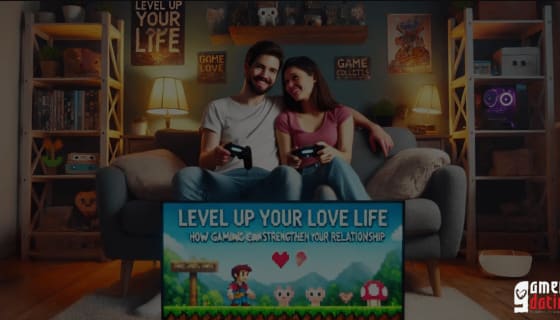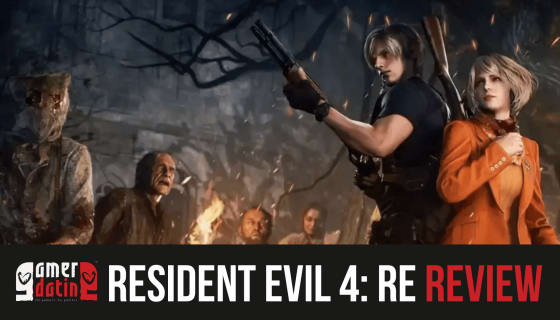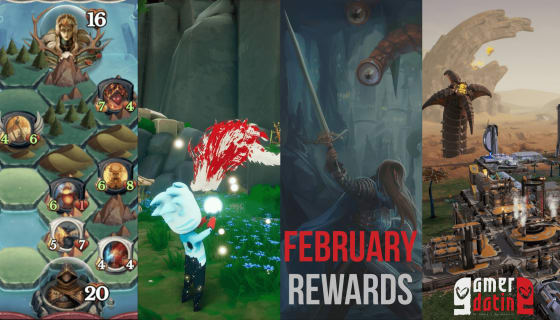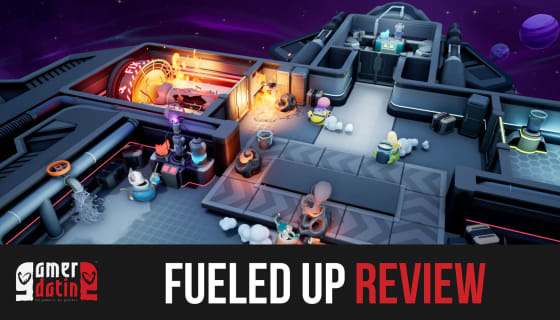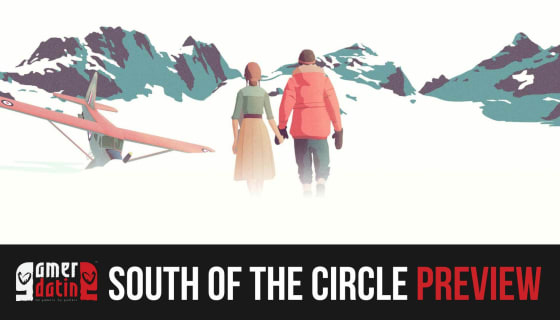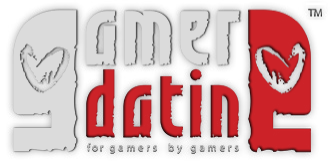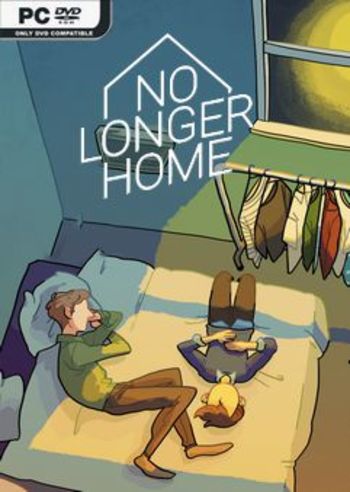Bittersweet, creative and all too human
No Longer Home is one of the best LGBTQIA+ games I have ever played. Really, I could just leave the review there, but where’s the fun that? Before going any further, I should say two things: much like the developers of No Longer Home, I am non-binary (my pronouns are they/them, thank you for asking), and I will try my hardest to avoid being overly poetical.
As an aside, it made my heart happy to play a game where the characters are both openly non-binary and it’s just accepted by their friends. They/them pronouns are used throughout but I doubt anyone, however cynical, would be able to say that this game beats the player over the head, so to speak, concerning non-binary gender identities.
No Longer Home, at first glance, appears to be one of many indie games full of charmingly low-quality graphics and far too much poetry in its storytelling. Textures are clean, colours are soft, barely more than pastels, and the environments you’ll be exploring are small, intricately detailed, and utterly charming. Everything here is simple, refined and dedicated to the storytelling above all else. People and objects you can interact with once you are range of them are highlighted by animated icons that appear above the game space, and each icon is easy to read and understand. Scenes shift and change with the backgrounds moving like flats—pre-painted backdrops—in a theatrical production, interactive objects are surrounded by small flecks of light that subtly draw the eye and really that’s the extent of the UI. Well, except for the text boxes. There is no voice acting here, simply copious text in an easy-to-read font.
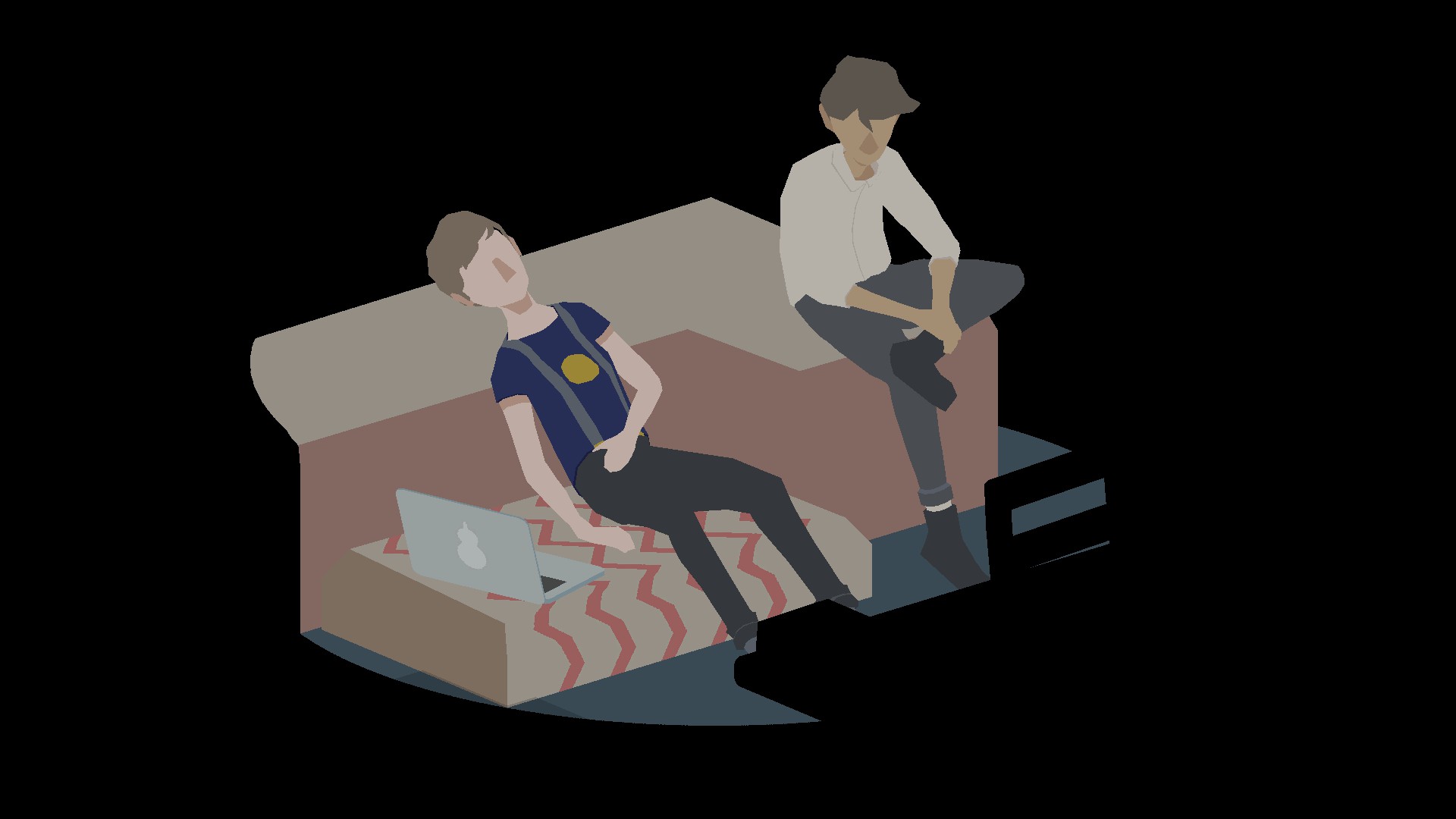
Not since Untitled Goose Game have I cared so much about people drawn as simply as this.
Simplicity appears to have been the aim across all aspects of design. The soundtrack is a wonderfully light accompaniment to the gameplay itself. Ever present, yet never distracting, it provides a dream-like quality that amplifies the more impossible aspects of the story. There is no voice acting here, and very little ambient noise, so there is plenty of time to enjoy the music that plays constantly throughout. Whilst it isn’t particularly memorable, it is a perfect fit and that’s what anyone can ask for: the perfect blend of graphics, sound and game.
An atmospheric soundtrack and clean visuals work towards a story that makes you think.
It isn’t the only blend here either. The story is a mixture of the mundane and the magical, a dream-like journey through life as lived by its writers. This is one of those games that is taken up entirely by its story. The point-and-click controls serve as a vehicle to get from point A to point B by clicking furiously on every possible interactive object in between, save for a single segment around the halfway point where the characters play a text adventure that serves both as a game within a game AND a way to explore the personalities of other people in Ao and Bo’s life. Ao and Bo, the ‘protagonists’ serve as stand-ins for the developers in a self-described ‘semi-autobiographical’ story about searching for yourself amidst a period of great, personal change, and both are wonderfully realised through both conversations with others and reflections upon their own behaviour and circumstances.

If only real life were set against a backdrop of stars with floating prompts to tell us what is safe to touch and who is safe to talk to.
The ‘story’ here is less a narrative and more a narration, the constant mono-/duologue highlighting each character’s hopes and fears as they navigate the final few days before moving out of a student flat. The vast majority of the writing is an incredibly personable, and relatable, commentary on life after graduation, the fears of LGBTQIA+ people about family and friends they have never come out to and worries about never seeing university friends again. Each scene explores a different facet of Ao’s or Bo’s relationship and personal troubles, but at no point is an emotional beat repeated or explored for too long. For the most part, the writing is grounded in the mundane world but, every now and then, it steps into the realm of dreams, magic and mysticism in a way that seems completely natural and barely registers.
At its core, No Longer Home is a game about people, relationships and mental health.
During my time with the game, somewhere around two and a half to three hours, I encountered no bugs, glitches or other annoyances. I did have to replay a large section of it due to a deleted save file, but I suspect that was due to the game updating to release code, rather than any problem with the game itself. You will, no doubt, have picked up on the game length at the start of this paragraph. No Longer Home is, in itself, not a long game. What it is, however, is a re-playable one. Aside from exploring every room and interacting with every possible object to discover the secrets of Ao and Bo’s flat, at many points during the game you are called upon to make a choice about what one of the characters in the scenes says. These branching conversations have no lasting effect on the game, as far as I can tell, but they do reveal more about the personalities of those involved and that’s what games like this are all about. There are many such decisions to be made, requiring many playthroughs to fully understand Ao, Bo, and their friends.
As of the time of writing, No Longer Home is not currently available to purchase in my usual currency, but the developers have stated that it will be selling for $14.99, with a deluxe edition that includes the soundtrack for $25. The difficulty with games like this is that they are very hard to quantify. Based on the excellent writing, dream-like visuals and emotional soundtrack I would wholeheartedly say that the game is worth the asking price, but I know there are people out there who would disagree with me, based on the fact that this is the point and click equivalent of a walking simulator. If you think the price seems a little high for the content provided, rest assured that the developers are looking for ways to finance further chapters of the story, something I am very excited about.
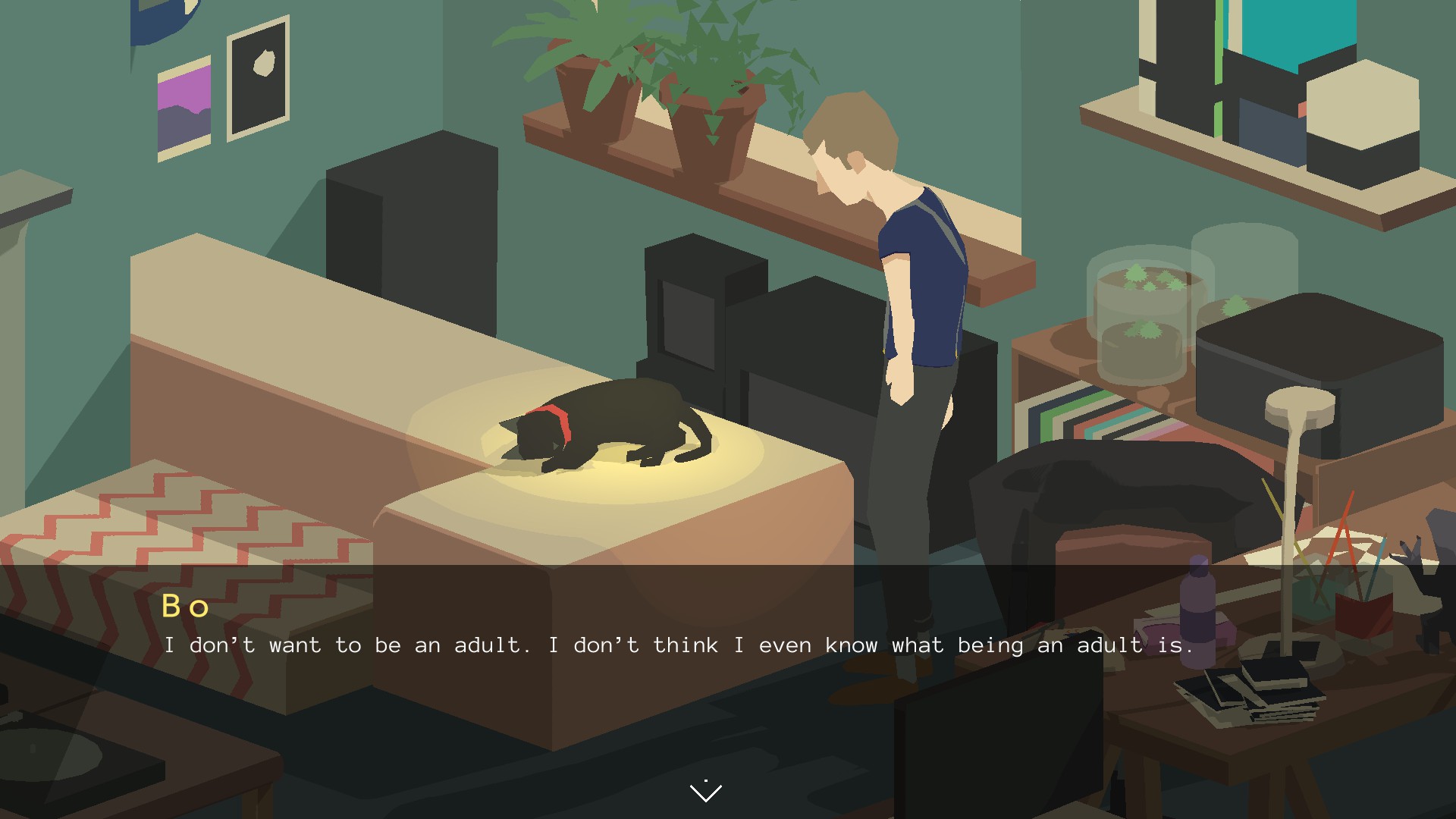
Rarely has a game made me feel as attacked as No Longer Home.
No Longer Home is a short, slice of life story about two non-binary people struggling with the future and worrying about their relationship. It is a concern of mine that the writing here will only resonate with those who have lived through similar experiences, those of a recent graduate/LGBTQIA+ people stepping out of their comfort zone, or that there is not enough to the game for those who do not connect with the characters. Whilst it does have a lot of re-playability, the inability to skip through text or cutscenes makes doing so a slight chore. Few chores are set to music as pleasant to listen to though, and each character encountered here feels like a living, breathing person. The flat, the location the game takes place in, is a joy to explore, with new things becoming interactive as the story progresses and the game’s handling of dissociation, mental health issues and the struggle to find oneself in the face of the expectations of others is something that AAA games really need to take note of.
This game hits you in the feels. HARD.
I wholeheartedly recommend you play this game, but be warned: it will feel like it is personally attacking you in places and there is a wistful melancholy to it that will follow you even after the credits roll.

Can more games do this, please.

